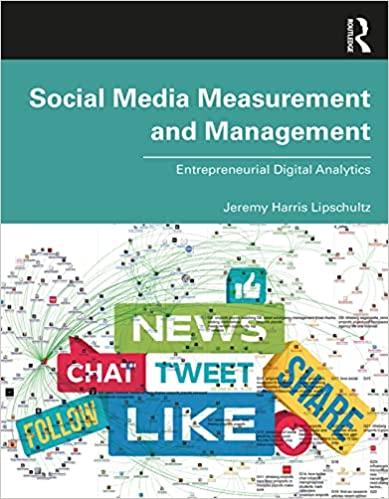Answered step by step
Verified Expert Solution
Question
1 Approved Answer
In Federalist 7 8 Hamilton writes this about the judiciary: It may truly be said to have neither FORCE nor WILL but merely judgment;
In Federalist Hamilton writes this about the judiciary: It may truly be said to have neither FORCE nor WILL but merely judgment; and must ultimately depend on the aid of the executive arm even for the efficacy of its judgments." This means which of the following?
The courts are not able to settle disputes under the law until the executive branch permits them to
The dispute does not have to start with the executive, but the help of the executive may be required for the judgment to take effect.
When a court uses its authority and orders a person or governmental body to do something, that order might not be obeyed unless the executive branch makes sure that people comply.
The Supreme Court often follows orders from the executive branch in making decisions
Step by Step Solution
There are 3 Steps involved in it
Step: 1

Get Instant Access to Expert-Tailored Solutions
See step-by-step solutions with expert insights and AI powered tools for academic success
Step: 2

Step: 3

Ace Your Homework with AI
Get the answers you need in no time with our AI-driven, step-by-step assistance
Get Started


